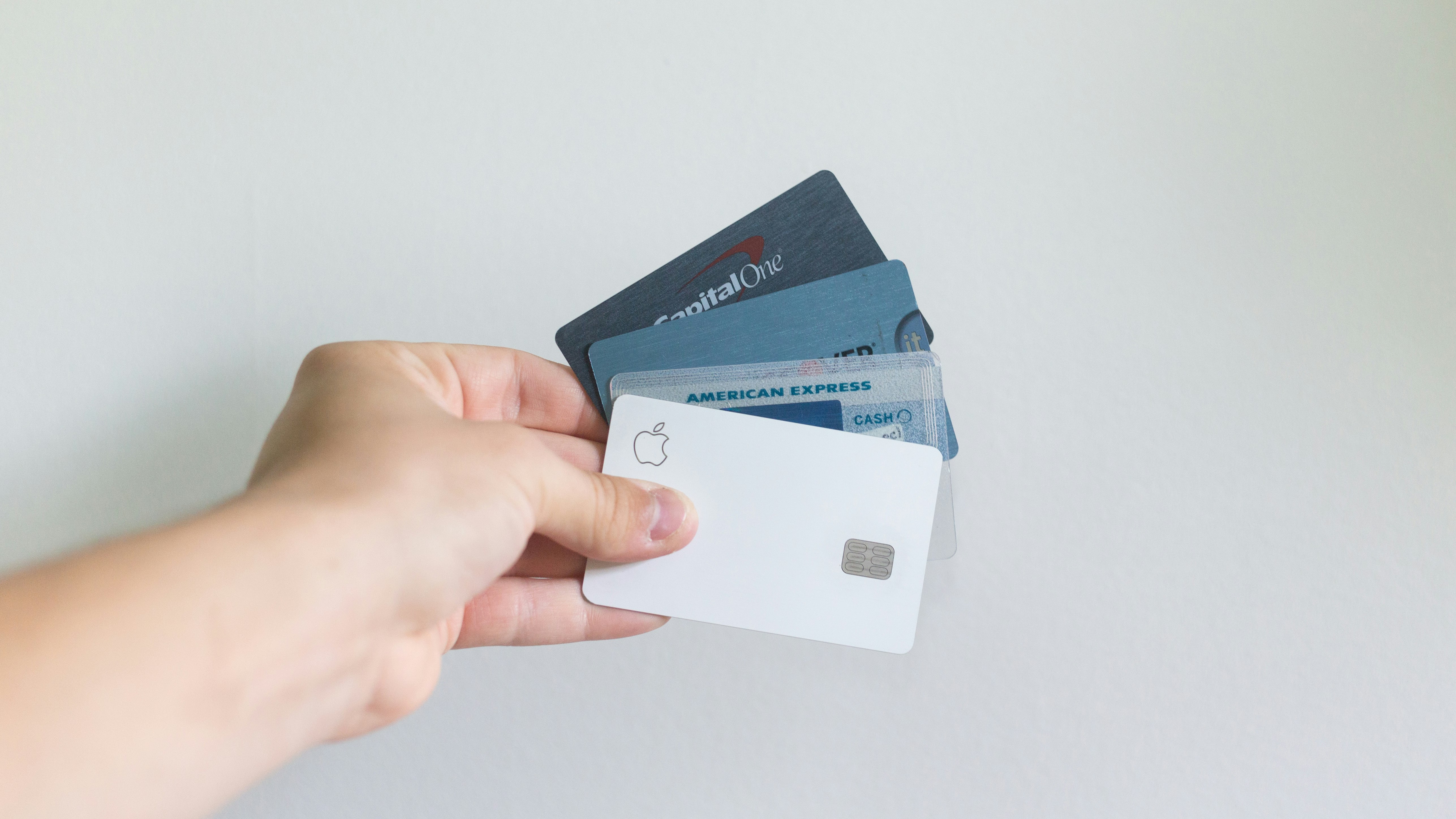
Kudos has partnered with CardRatings and Red Ventures for our coverage of credit card products. Kudos, CardRatings, and Red Ventures may receive a commission from card issuers. Kudos may receive commission from card issuers. Some of the card offers that appear on Kudos are from advertisers and may impact how and where card products appear on the site. Kudos tries to include as many card companies and offers as we are aware of, including offers from issuers that don't pay us, but we may not cover all card companies or all available card offers. You don't have to use our links, but we're grateful when you do!
Does Being a Guarantor Affect Your Credit Score?
July 1, 2025


Quick Answers
Acting as a guarantor does not directly impact your credit score, as the guarantee itself is not recorded as a debt on your credit file.
Your credit score will be negatively affected if the primary borrower defaults, making you legally responsible for the debt and causing missed payments to be recorded on your report.
Lenders view a guarantee as a contingent liability, which can reduce your own borrowing capacity for future loans or mortgages even if it doesn't lower your score.
What Does It Mean to Be a Guarantor?
A guarantor is a person who legally agrees to repay a debt for someone else if the primary borrower defaults on their payments. This provides lenders with an additional layer of security, making them more willing to approve loans or leases for individuals with a less-than-perfect credit history. By co-signing the agreement, you are essentially vouching for the borrower and accepting financial responsibility should they fail to meet their obligations.
This commitment is directly linked to your own financial health, as the loan or lease will typically appear on your credit report. Consistent, on-time payments by the borrower can have a neutral or slightly positive effect on your credit history. However, any missed or late payments will be recorded on your file and can negatively impact your credit score.
How Being a Guarantor Can Affect Your Credit Score
Becoming a guarantor doesn't immediately harm your credit. The arrangement typically only appears on your credit report and impacts your score if the primary borrower fails to meet their payment obligations.
- The Initial Agreement: When you sign as a guarantor, the lender will perform a credit check. This may appear as a hard inquiry on your credit report, which can cause a small, temporary dip in your score.
- Borrower's Payment Performance: As long as the primary borrower makes all their payments on time, your credit file remains largely unaffected. The loan is their responsibility, and your role is simply a backstop.
- The Borrower Defaults: If the primary borrower misses payments and officially defaults on the loan, the lender will legally turn to you. At this point, the responsibility for the debt transfers to you.
- Impact on Your Credit Score: Once you are liable, the loan may be added to your credit report. Any failure on your part to make the payments will be reported, significantly damaging your credit score.
- Future Borrowing Capacity: Lenders may view your guarantor obligation as a contingent liability. This can reduce your perceived ability to take on new debt, potentially affecting your own future loan applications.
How Much Will Being a Guarantor Affect Your Credit Score?
Acting as a guarantor can influence your credit standing in several ways. Here are the key factors to consider before you commit:
- Hard Credit Inquiry. Lenders will perform a hard credit check when you apply to be a guarantor. This inquiry can cause a slight, temporary dip in your credit score.
- Borrower's Payment History. The primary borrower's payment activity is now linked to your credit file. Any missed or late payments they make will also negatively impact your credit score.
- Increased Debt Obligation. The guaranteed loan increases your total potential debt, which can affect your debt-to-income ratio. This may make it harder for you to qualify for new credit yourself.
How You Can Avoid Being a Guarantor Affecting Your Credit Score
Assess the Borrower’s Financial Health
Before agreeing, carefully evaluate the borrower's financial stability and history. A responsible individual with a steady income and a good track record is less likely to default, significantly reducing the risk that you will ever need to step in and make payments yourself.
Review the Loan Terms Thoroughly
Fully understand the legal commitment you are making. Scrutinize the guarantor agreement to know your exact liabilities and the conditions under which you would be responsible for payments. This clarity helps you prepare for any potential financial impact before it happens.
Arrange for Payment Notifications
Request to be notified immediately if the primary borrower misses a payment. This proactive step allows you to cover the payment before it becomes overdue and is reported to credit agencies, thereby protecting your credit score from any negative marks associated with the loan.
Choose the Right Card to Being a Guarantor
No matter your current standing, it is always possible to improve your credit score, with most people seeing meaningful changes within three to six months of consistent, positive behavior. By taking a few strategic steps, you can build a stronger financial profile and unlock better opportunities.
- Monitor your credit reports. Regularly obtain your free reports from all three major bureaus to identify and dispute inaccuracies, detect potential identity theft, and track your progress.
- Set up automatic bill payments. Your payment history is the most significant factor in your score, so ensuring every bill is paid on time is a critical first step.
- Reduce your credit utilization ratio. Aim to keep your credit usage below 30% of your total available credit by paying down balances or requesting credit limit increases.
- Become an authorized user. Being added to a credit card account with a long history of on-time payments and low utilization can help boost your own credit profile.
- Diversify your credit mix. Lenders like to see that you can responsibly manage different types of credit, such as revolving credit (credit cards) and installment loans (car loans, mortgages).
- Limit hard inquiries. Avoid applying for too many new credit accounts in a short period, and use prequalification tools when possible to shop for rates without impacting your score.
The Bottom Line
Acting as a guarantor won't initially affect your credit score. However, if the primary borrower defaults on the loan, your credit history could be negatively impacted by any missed payments.
Frequently Asked Questions
Will being a guarantor appear on my credit report?
A soft credit check may be recorded when you apply, but the loan itself won't appear on your report unless the primary borrower defaults on payments.
Can I be a guarantor if I have bad credit?
While possible, it's unlikely. Lenders require guarantors to have a strong credit history to minimize their risk, so a low score will likely lead to rejection.
How can I stop being a guarantor?
You can only be released from the agreement with the lender's permission, which is rare. This typically requires the borrower to refinance or find a replacement guarantor.

Supercharge Your Credit Cards
Experience smarter spending with Kudos and unlock more from your credit cards. Earn $20.00 when you sign up for Kudos with "GET20" and make an eligible Kudos Boost purchase.
Editorial Disclosure: Opinions expressed here are those of Kudos alone, not those of any bank, credit card issuer, hotel, airline, or other entity. This content has not been reviewed, approved or otherwise endorsed by any of the entities included within the post.




















.webp)
.webp)
.webp)
.webp)
















